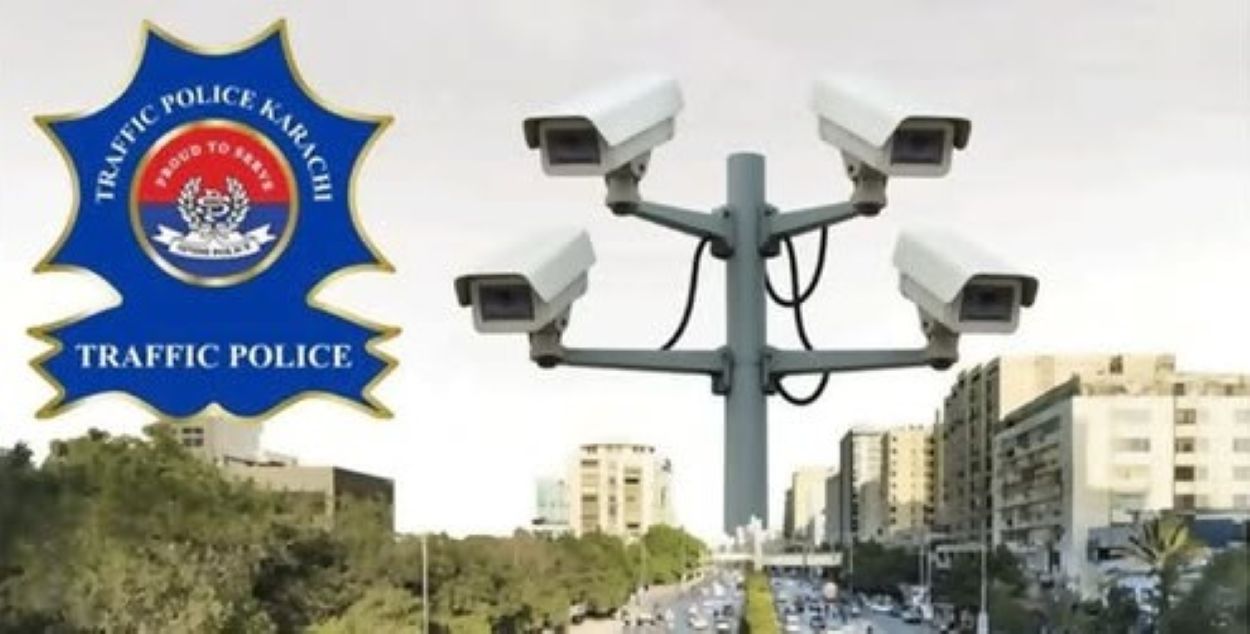Karachi’s new automated traffic system issued 3,485 e-challans in a single day on Monday. The faceless enforcement primarily targeted drivers who were not wearing seatbelts.
According to the city traffic police, the breakdown of fines is as follows: 2,433 for not wearing a seatbelt, 511 for not wearing a helmet, 78 for using a mobile phone while driving, 51 for overspeeding, and 45 for carrying passengers on bus rooftops.
The Traffic Regulation and Citation System (TRACS) launched on October 28. It replaces manual ticketing with an AI-powered automated system.
The technology utilises advanced CCTV cameras to detect violations, such as speeding and red-light jumping. Officials state this removes human bias and ensures fairness on the roads.
The system is integrated with government databases. This allows citizens to view and pay fines online or through a dedicated mobile app. Despite its modern goals, TRACS has faced significant criticism. A major concern involves errors in the system.
🚦 The Sindh Government launches #TRACS a revolutionary, AI-powered traffic enforcement system.
Now, HD cameras will automatically detect red-light jumps, speeding, and lane violations, sending digital e-ticket with evidence straight to your doorstep. pic.twitter.com/KAdwk2HQCl
— Sharjeel Inam Memon (@sharjeelinam) October 29, 2025One citizen reported receiving a fine for a violation he claims he did not commit. “The number plate shown in the photo is different from the one written in text on the same challan,” he stated. Following public complaints, Sindh Chief Minister Murad Ali Shah directed authorities to waive the first e-challan for motorists as a goodwill gesture.
Political opposition is also growing. Jamaat-e-Islami MPA Muhammad Farooq submitted a resolution calling for an immediate review of the system. He called the heavy fines “unjust,” especially given Karachi’s poor road infrastructure.
Read: Karachi Launches 11 E-Challan Facilitation Centers for Public Assistance
A constitutional petition has also been filed in the Sindh High Court. It challenges the system’s legality and raises questions about why fines in Karachi are significantly higher than in other cities, such as Lahore.
The system represents a major shift in Karachi’s traffic management, aiming for transparency. However, its success depends on addressing technical flaws and public concerns about fairness.






